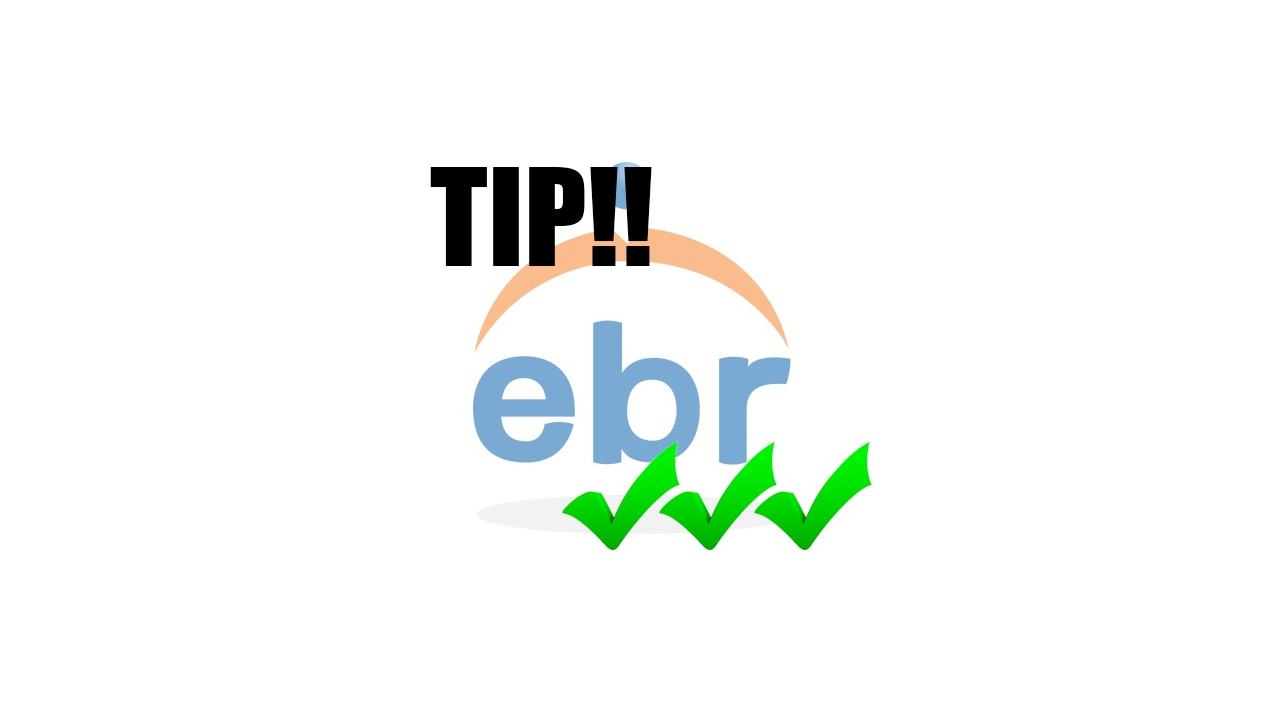Planning to Grow? But are your Business Processes up to it?
Written by Dianne Gilbert, Fathom Business Architects
The Global Financial Crisis is now in the past; last year was one for re-establishing the business, and this year we are expecting real growth!
Many of the agencies we speak to have this approach, and many are looking forward to strong sales and good prospects in 2011.
Many of these recruitment agencies are very good at selling – after all, this is what it is all about. Probably you also have a great presence in the market, a strong network and success at winning business.
If you want to make 2011 the best year yet, then you need to ask yourself a critical question. “How well does my business deliver the service it sells?”
A growing business must be able to retain business as well as bring in new business.
There is little point in going to the effort of bringing on new clients only to find that you can’t deliver. If your clients move on again after only one sale, if your candidate database is out of date, or if you advertise for every new role, then you may not have suitable processes in place.
Most business will, of course, have some level of defined procedures in place. The trouble is that often these processes are out of date, or perhaps are only adhered to by some, not all, staff in the business. Very often a procedure was defined some years back which worked very well at the time, but since then consultants have changed and improved the forms. These changes have not been captured in the procedures.
When you consider the raft of recent legislative changes, high levels of staff turnover and an increasing tendency towards litigation, it is clear how important it is that your procedures be as current, effective and as reliable as possible.
Efficient businesses work to a set of well designed and well defined procedures.
What is required is a clear set of procedures which define what actions will be taken, what forms will be used, and what records will be held.
The three main processes in your business are likely to be:
- Operations – the recruitment process including temp and perm recruitment and placement
- Finance – invoicing and payroll
- Sales – new business as well as contract and customer management
These three areas together usually represent the majority of the activities undertaken in a business. The processes may be undertaken by different people, and some processes may connect with others processes. The overall service delivered by the business is dependent on these actions being undertaken in a way which is consistent and effective.
Think of the process for confirming candidate identification. There is huge variation around this is treated, both across the industry and also sometimes within the same agency. Sometimes candidate identification is not checked at all; sometimes it is for certain roles and not others; sometimes it requires a 100 point check but at other times it is done through a reference check; sometimes a record of documentation is held and other times it is only sighted - with or without any notation on the database that it was sighted.
How does your business handle this? If the procedure is not clear, how do consultants know what to do? How can clients and candidates know what to expect? How can you possibly be delivering a consistent service?
Now, think about the process for payroll. This is so important as there are few ways more certain of annoying people than not paying them correctly or on time. How many people understand the procedure in your business? What checks are in place to ensure pays are accurate and authorised?
Another example is managing candidates. How often is candidate data updated? When should candidate data be deleted or archived to respect privacy requirements? Can candidates expect to receive ongoing contact, a birthday card, feedback on their performance? Within the same business there may be significant differences across consultants, across teams or offices.
How does your business manage candidates? Is the procedure defined and consistently applied?
Asking these questions and reviewing your procedures can often identify areas for improvement. It may highlight gaps or duplication.
Procedures may or not be documented, but they should always be understood and followed.
Your processes don’t always have to be documented to be clear and understood by staff. In small business in particular, daily communication and sharing work is the most effective way of understanding who is doing what and what the next steps will be.
Larger business, perhaps with teams of consultants and even different offices, need to be more formal and more disciplined. They usually need written procedural documentation, training and monitoring to ensure all staff understand and follow the agreed procedures.
Focus your procedures on the important steps.
Clear procedures will be characterised by:
- Clear steps, which address the critical “must dos”, and who is responsible to do them. A procedure should be simple and easy to follow, so cluttering it with explanations and training notes is not advisable. The document should be at a “high” level so it represents what the business is committed to doing, what it must do by law and regulation, and what it promises customers it will do.
- Forms – most often procedures will require forms and templates to be filled out. Over time these forms are updated and changed to suit particular jobs or to suit the work preferences of staff. It is important, though, to keep a track of these changes to ensure that they are appropriate for the business as a whole, and so the whole business knows what the changes are. The procedure should be kept up to date and refer to the latest form.
- Records – these are the evidence that the steps have been undertaken. A record could be data entered into a database, a completed form, or a copy of information such as the visa details of a candidate. The procedure should stipulate what records should be retained and where these records should be stored.
Have a look at some of the written procedures in your business. Are they up to date? Do they refer to relevant forms and templates? Do they explain what records are required?
Check that staff understand and implement the procedures
A procedure is only useful if people use it, so ensure that the procedure is available to all staff, and that they understand and adhere to it. Unfortunately it is not enough tell people once about a procedure and expect them to follow it always. The old saying, “Inspect what you expect” is very pertinent here. Keep talking about the procedures in ongoing training and when there are updates.
A good test is to give the written procedures to a new starter and ask them to follow them. Procedures cant replace training, so the new person will still need to ask for further information, but if the procedure is well written and sufficiently comprehensive the new starter should be able to cover off most of what is required.
How strong are the procedures in your business?
Have a look at the level of procedures in your business. Ask yourself the following questions. If the answers come up short then you need to seriously review what you have and what you need if you want to achieve real growth this year.
- Are your recruitment screening processes for temp and perm current, documented and clear? (advertising, screening, offers etc)
- Are your placement processes for temp and perm current, documented and clear? (first day, contract renewal, performance management etc)
- Does the recruitment screening process include the key steps of confirming candidate identification, right to work and qualifications/licenses?
- Are you aware of all the different forms and versions of forms that are used in the business, and could service delivery be made more consistent if these were standardised?
- Are your processes for managing candidates clear and understood by staff? (floating/reverse marketing, feedback etc)
- Are your processes for market development and sales also clear and understood? (client relationships, tendering, contract management etc)
- Are your finance procedures for invoicing, payroll and debt management current, documented and clear?
- Are OHS procedures appropriate for both internal staff and on-hire candidates, and are these current, documented and clear?
- Does the business retain appropriate records and are these records easy to find? (A record is documentary evidence of an action such as interview notes, completed reference check, candidate visa details etc)
- Do all staff follow your procedures, and do you monitor this to check that they do?



